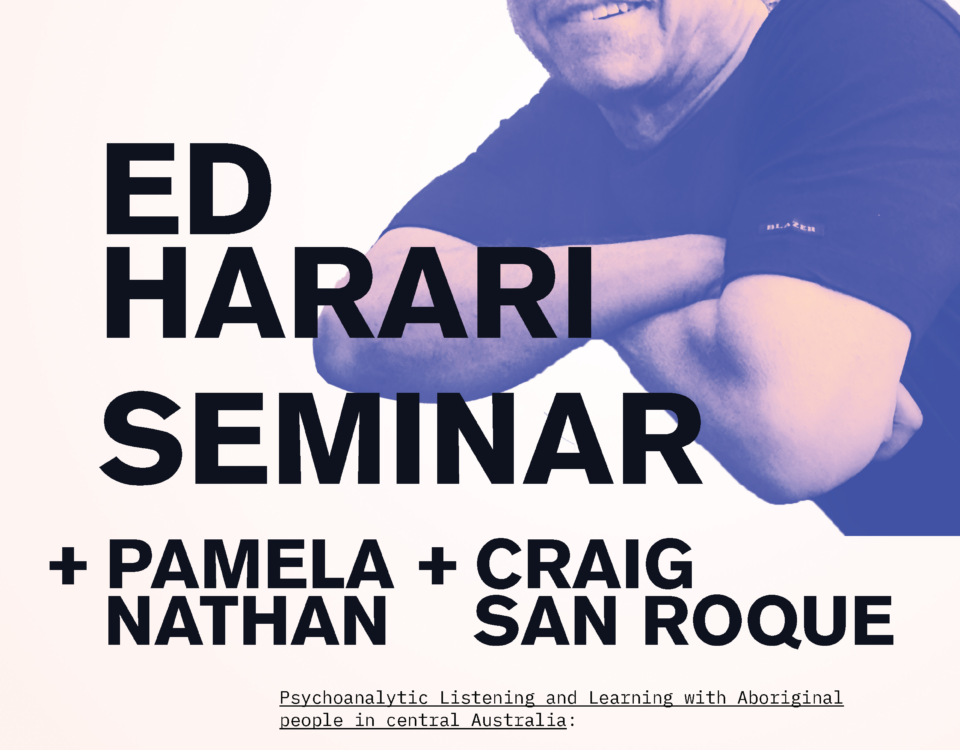Supporting the potential of northern Australia
June 26, 2013Two-Way Justice in the Northern Territory: Potential for the way forward
June 27, 2013RE: ‘Judge defends Koori Court’, by Jane Lee, published in The Age, Monday June 24th 2013, p.8.
In Melbourne the Koorie court will be launched following a six year pilot project in the La Trobe Valley. It sits in the same room as the County Court. Judge Smallwood has defended the claims that Aboriginal offenders get special treatment and says they do not! The Koorie County Court provides an informal setting for the mitigated plea hearings of indigenous defendants who choose to go through it. It allows greater input from the Aboriginal community, particularly the elders. Following arraignment and the plea of guilty the defendant sits at the table to discuss their crime with the judge, their lawyer, their family and the Aboriginal elders. The elders help the offenders to reconnect with family members, which can be helpful for rehabilitation, but they have no input on sentencing. An independent report has found that there is a lower rate of recidivism and a higher rate of compliance with orders. Judge Smallwood believes this is because the offenders do not “want to let down or disappoint their elders”. Judge Smallwoood importantly notes that the offenders are far more “engaged” with the court process than those in a traditional court. He said, “A number said it was the first time in their lives they could remember what was said in the courtroom, and almost all of them said it was the first time they felt they were a part of it”. Judge Smallwood said, “We only do one day a week because it’s extremely exhausting. I stagger out of there sometimes just drained because the emotional force of it is so powerful”.
It seems Melbourne is ahead of other states and Territories in opening a Koorie Court. It makes a lot of sense that there are lower rates of re-offending and increased rehabilitation prospects if the elders of the communities are involved in making reconnections for the offenders who often become offenders because they have sustained abuse as part of the stolen generation or because they have felt alienated from their communities and so on. This legal avenue offers opportunities of empowerment in an otherwise disempowering system. It can only be hoped that the NT can consider other legal options. I have sat in the NT courts and seen defendants not know what they are pleading, let alone know what the intricate legal processes mean! I have also seen cultural mitigating factors discounted and have no doubt that if elders were present they could help inform the courts of the emotional and the socio-economic and cultural circumstances that may have contributed to offending and thereby render many of the offences meaningful and not mindless.






